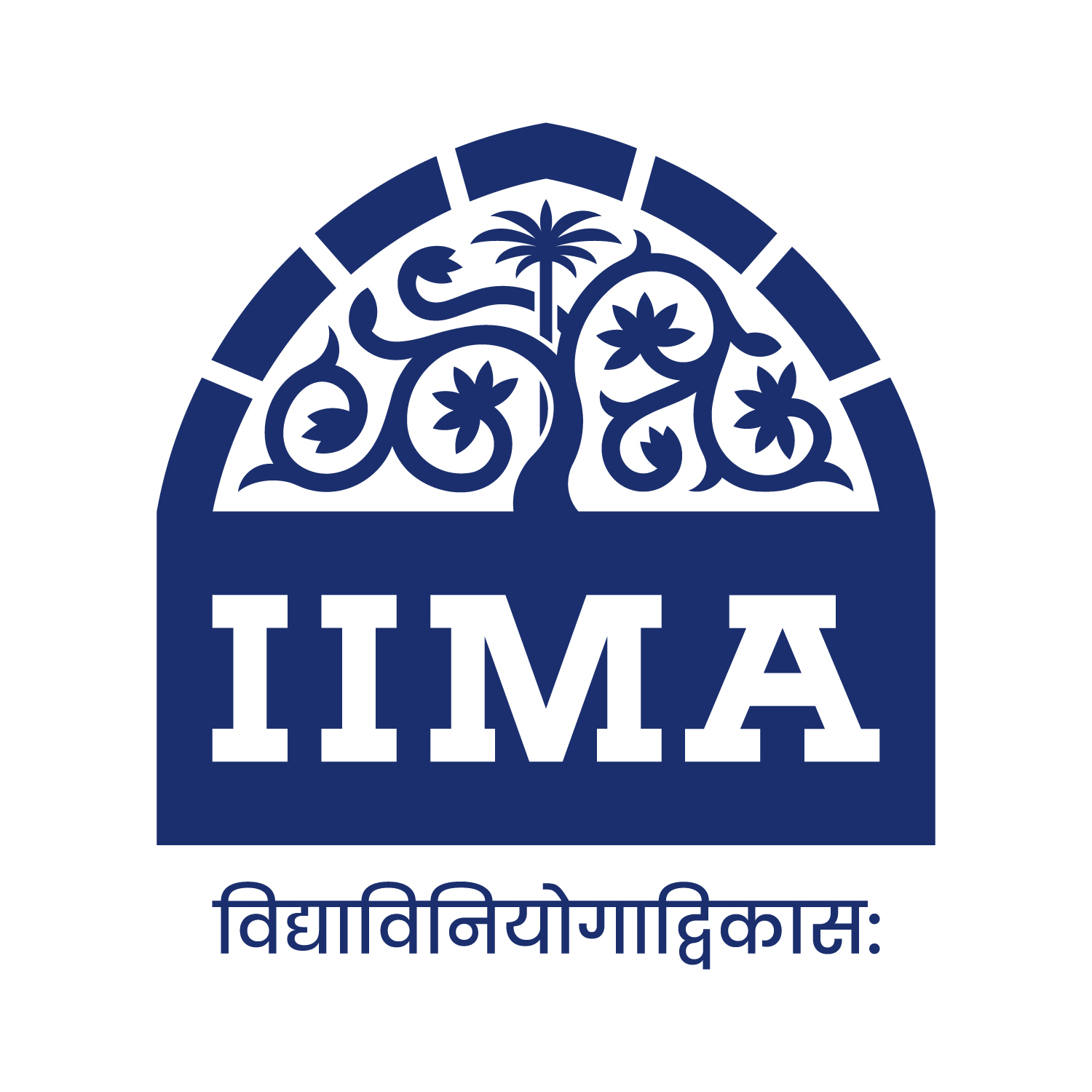Director’s Message
FROM DIRECTOR’S DESK
We are celebrating two events – the magazine that keeps alums in touch has completed fifty years and just as fifty is half of hundred, we are also celebrating the other half in our lives: campus couples. Fifty is a good time to go back to names that were given in our heady youth, either dorm names, or, names by which society referred to us. Rechristening the magazine as Wimwian is a good way to begin the other side of fifty.
It has been said that education not only makes us better citizens and improves our economic condition, but it also facilitates contact with a large number of potential mates. People come to campus in search of knowledge and some also find their future partners. Not all do. There are those focused ones who don’t have time for serious relationships and who are pursuing good qualifications. And of course some just have sheer bad luck in the romantic line.
I’ve always wondered in what way a business education could help in the romantic line. Does it work when we insist on a fair division of familial labour? Or does it make better sense to use the business principle of specialisation and comparative advantage. Instead of splitting up the burden of tasks at home wouldn’t specialisation help a couple to do the household chores faster and use the spare time to enjoy those things such as going to a movie or pursuing a hobby that they find more enjoyable because they do it together? What do you do when financial stress creeps into your relationship because one has a job that is not doing too well or quits in order to start out on their own? Do you think like a Keynesian splurging your way out of the situation, or do you tighten the belt and make a life that is already tough that much more difficult? I look forward to finding some answers from the experiences that our campus soul mates will hopefully reveal in this edition of The WIMWIAN.
This is a period of extensive economic turbulence and political uncertainty. International alliances and trading blocs are showing signs of wear and tear, in politics we have extreme candidates who are at the same time popular, and the sustainability of the engines of growth in the developing world is in question. At the institute our energies at such times are focused on asking what we should be doing, and helping future managers to learn, so as to deal with turbulent times.
As a management school we bother about supporting ethical, responsible management education, when difficult circumstances can trigger a race to the bottom. We have to evaluate what kinds of leadership education are important in a climate where evidence is fleeting and discontinuous. Legitimacy for a management school in today’s world is dependent on demonstrating that the profession of management does involve engaging with the societal interest as much as with the narrower interest of the corporation. In the process we should not continue as cheerleaders of the corporate world but also foster skepticism. Without this we would continue to have scandals such as at Volkswagen (Punjab National Bank) that was lauded for its commitment to CSR (vigilance) at the same time as it was engaged in a program designed to cheat emissions tests (a scam engineered by its employees).
At the same time we should not succumb to presentism – that today’s challenges are of a scale that has not been experienced previously. Surely the pace of change has fastened but the newer tools to understand that would flow from those methodologies we have already sharpened and put to good use up to now. Unlike earlier times, the more we collaborate, the more we will gain in our understanding of how to go about living the future. I look forward to an institute that is more collaborative with thought leaders from different parts of the world and also with our alums who have a store of experience and insights that can make us a force that impacts the world around us.
Professor Errol D’Souza
Director, IIMA

